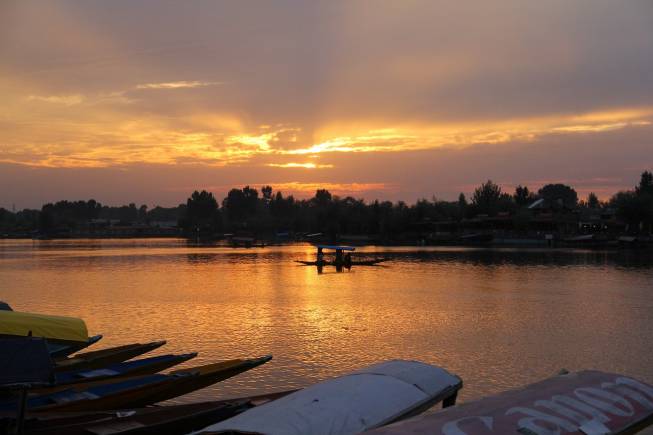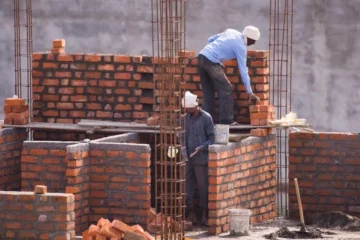
Home Minister Amit Shah on August 5 proposed the scrapping of Article 370 that accords special status to Jammu and Kashmir. The Centre informed Parliament that the state of Jammu and Kashmir (J&K) would be bifurcated into two Union Territories (UTs) – Jammu and Kashmir would become a Union Territory (UT) with a legislature while Ladakh will be a different UT without a legislature.
Article 35A that states that only permanent residents can acquire land in the state has also been revoked.
Here’s a look at how these changes may impact the real estate sector in the union territories if this becomes a reality.
If a barrage of tweets doing the rounds on Twitter post the announcement are a barometer of what is in store for the realty sector, here’s a reality check.
While it may in the long term surely open up potential opportunities for the development-led economic growth in the union territories of J&K and Ladakh, expecting a surge in investments or a windfall in residential, commercial and retail segments, is expecting too much, say experts.
Investors, even locals would be cautious before investing money in these ‘disturbed’ markets. Having said that, once the dust settles, the impact would first be felt on the hospitality and tourism segments followed by retail and entertainment, not to mention healthcare and education, they say.
The scrapping of the long-prevailing Article 370 is a historic moment, said Niranjan Hiranandani, senior vice president, Assocham and National President- NAREDCO, adding “the significant move, in theory, opens up potential opportunities for the development-led economic growth in the union territories of J&K and Ladakh. This incredible move will translate into revocation of the ban on real estate development by the people outside the state. This will provide an impetus to the growing economic growth of the largest democracy and fetch better employment opportunities contributing to the nation’s projected GDP growth.”
Article 35A gives the J&K government the right to decide who qualifies as a ‘permanent resident’. The permanent resident is subject to some special rights. Only permanent residents can acquire land, settle, and get government jobs, scholarships in the state.
The state’s Constitution, at the time of its adoption in 1956, defined a permanent resident as someone who was a state subject on May 14, 1954, or who has been a resident for 10 years and has lawfully acquired immovable property. The article is also known as the Permanent Residents Law also deprives the state’s female residents of property rights if/when they marry an ‘outsider’. The provision also extends to children born of any such women.
All this would have to go with the scrapping of Article 370 and Article 35 A and technically even non-residents may be allowed to invest in immovable property within the union territories.
While this may certainly allow outsiders to invest in property in the two union territories, it would certainly not lead to a rush to buy residential, especially second homes and commercial properties. It may certainly be a positive for the hospitality and the tourism sectors. Overall the impact would not be immediate, says a real estate expert who did not wish to be quoted.
The model that is likely to be followed is similar to that of Puducherry. Similar rules would apply to these newly created union territories once these changes are ratified, says another real estate expert who did not wish to be quoted.
Buying property in states such as Himachal Pradesh, Uttarakhand and even North East also comes with restrictions.
“Having said that, investors would be extremely cautious before investing in these border areas. All said and done these are problematic geographies. Even with the scrapping of Article 370, the region would continue to remain politically rife for some time. Unless and until the socio-political situation stabilizes, investors would not jump at the opportunity. But gradually one may see investments coming into organized infrastructure development such as hospitals, schools, colleges, hospitals, hospitality, tourism sectors and eventually retail and entertainment. Food processing industries could also receive a boost, there could be some opportunities in the anvil for e-commerce players but for all that purchasing power has to improve, all these have to be integrated,” the expert said.
Anckur Srivasttava of GenReal Advisers, says that down the line there could be investments focused on improving the tourism and hospitality segments, there could be a focus on entertainment and retail, something that the youth of these areas require. As for residential and commercial markets, these areas never ever had a mature real estate market – the market was always constrained, there were artificial barriers to buying and selling a property. All this may take a while to change, he adds.
[“source=moneycontrol”]



